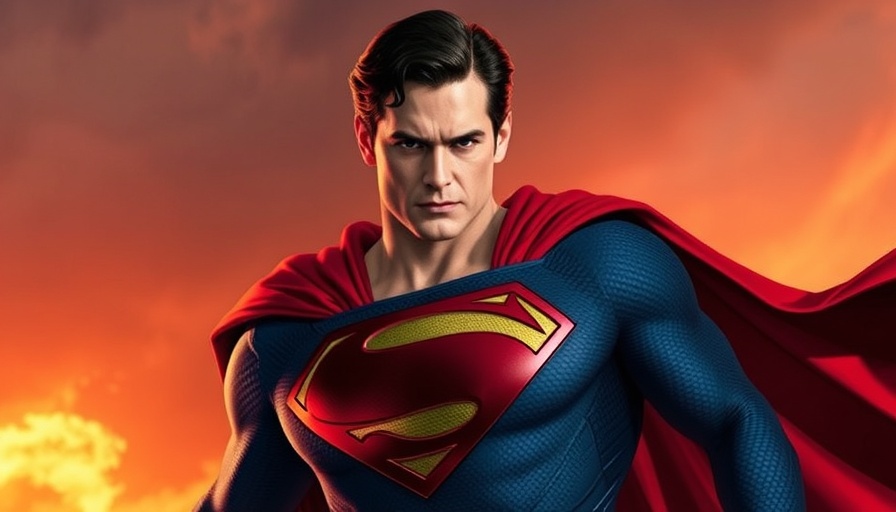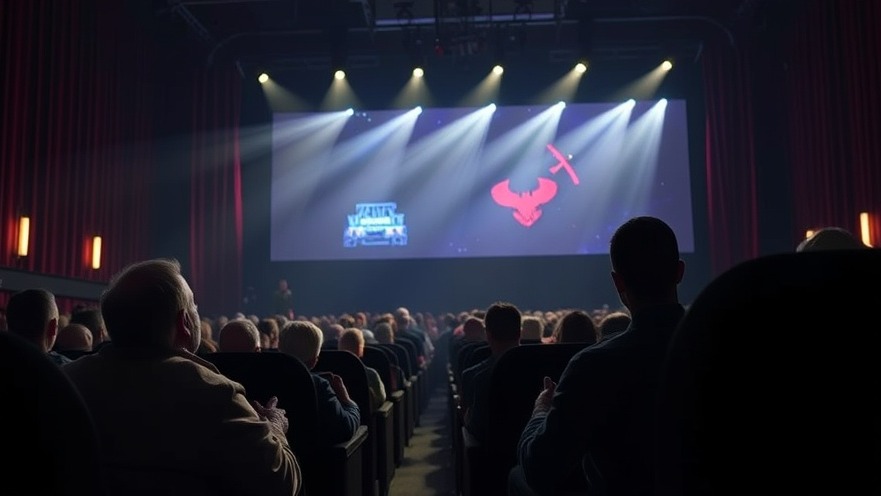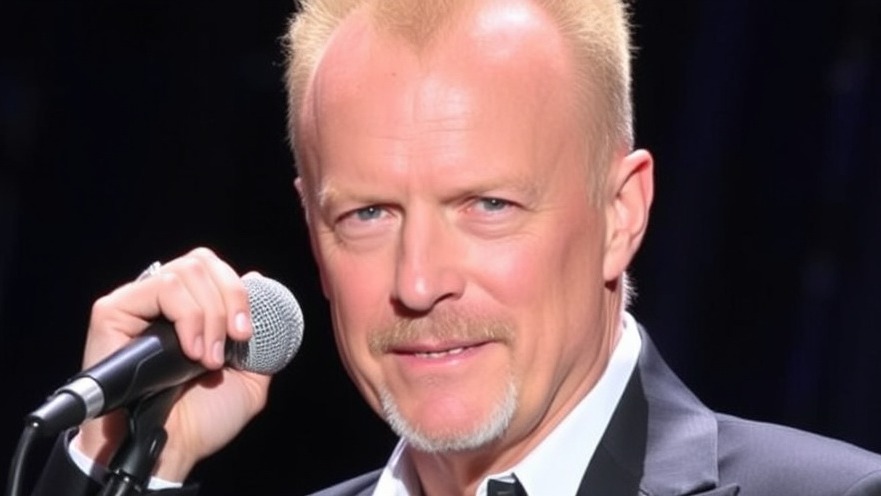
Superman's Evolving Narrative: A Reflection of Society
Superman has long been a beacon of hope and strength, embodying ideals of justice and morality. Yet in today's world, the character is evolving in both narrative and representation. The latest Superman film is causing quite a stir, as it seeks to intertwine political themes into the superhero's story. Critics have pointed out that these themes reflect the current socio-political climate around issues like immigration and identity, showing how modern storytelling resonates with real-world challenges.
Woke Politics and the New Superman
Much has been said about the term "woke," often critiqued for signaling an awareness of social justice issues. The new Superman aims to address these provocations directly, portraying a hero who not only fights villains but also advocates for marginalized communities. This alignment with progressive narratives, particularly on immigration, modernizes Superman’s ethos, positioning him as a more relatable figure amid societal shifts.
Historical Context: Evolution of Comic Book Characters
To understand the changes in Superman, we must examine the broader history of comic book characters. Traditionally, superheroes reflected the values and struggles of their times—think of Captain America’s origins during World War II. Similarly, Superman's updated storyline can be likened to shifts seen in characters responding to contemporary issues such as climate change and social justice. This evolution speaks not only to artistic creativity but also to a conscious decision makers' choice to mirror societal progress in their narratives.
Why This Matters: The Creative Influence of Society
For digital nomads who often grapple with living both in and out of multiple cultures, the new Superman offers a glimpse into how popular media can reflect and influence societal perspectives. Films and comics do not exist in a vacuum; they shape and are shaped by the world around them. By embedding contemporary issues into the storyline, creators invite audiences to engage in dialogue about their own environment and beliefs.
Counterarguments: The Pushback Against 'Wokeness'
Despite the positive steps toward representation, not all responses to the film have been favorable. Critics argue that an overtly political Superman risks alienating audiences who prefer their superheroes to remain apolitical. They argue that this 'woke' approach distorts the core characteristics that define Superman, challenging the idea that a hero must uphold traditional values rather than adapting to progressive norms. Exploring these divergent viewpoints allows for a richer understanding of the public's reception of both the character and the film.
Future Predictions: What Lies Ahead for Superheroes?
The direction in which superheroes are evolving can provide insights into broader cultural transformations. As more characters adopt politically charged narratives, there could be a shift in film industry standards and expectations regarding representation. We may see a rise in ‘authentic’ superhero stories that strive to educate and provoke thought within the viewer, moving beyond mere entertainment to purpose-driven storytelling. There lies an opportunity for audiences to see themselves reflected in these narratives, encouraging deeper connections with the content.
Conclusion: The Call for Engaged Viewers
As Superman embraces these modern challenges, it raises a ripe discussion about identity, culture, and what it means to be a hero in today's society. For digital nomads and all who traverse the globe, the key lies in engaging with these narratives and understanding their significance. Will you take part in the conversation about how these stories shape our world? Reflecting on these insights can foster empowerment, encouraging viewers to derive meaning from media and apply it to their own lives.
 Add Row
Add Row  Add
Add 




Write A Comment